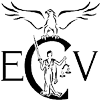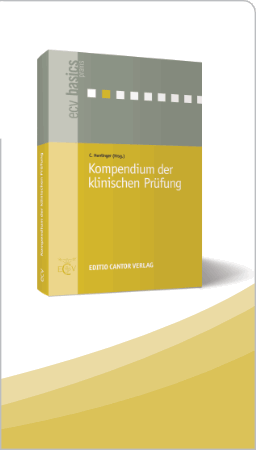Header
Ihr Suchergebnis
Sie recherchieren derzeit unangemeldet.Melden Sie sich an (Login) um den vollen Funktionsumfang der Datenbank nutzen zu können.
Sie suchen in allen Bereichen nach dem Autor Zegenhagen F.
In der Rubrik Zeitschriften haben wir 4 Beiträge für Sie gefunden
-
Elimination of APIs in Pharmaceutical Wastewater by UV Oxidation
Rubrik: Technik
(Treffer aus pharmind, Nr. 07, Seite 893 (2022))
Sörensen M | Weckenmann J | Zegenhagen F
Elimination of APIs in Pharmaceutical Wastewater by UV Oxidation / 17 Years of Field Experience · Sörensen M, Weckenmann J, Zegenhagen F · enviolet GmbH, Karlsruhe
The pharmaceutical and chemical industries manufacture and formulate medications based on pharmaceutically active substances. Even today, there are no clear legal regulations regarding the emission of these substances into the environment, but many manufacturers of these substances and user products have established their own targets for the reduction of these emissions into the environment, even before national governments have established or implemented corresponding regulations. In most cases, the self-imposed aims of the pharmaceutical manufacturers’ treatment of factory wastewater are very challenging since they are based on the Predicted No-Effect Concentration (PNEC) in the environment. Once this treated wastewater is further ...
-
Wastewater Treatment by UV-Oxidation at Oril API Manufacturing Site
Rubrik: Praxis
(Treffer aus pharmind, Nr. 04, Seite 569 (2018))
Sörensen M | Laperdrix E | Michelet I | Zegenhagen F | Menard S | Weckenmann J
Wastewater Treatment by UV-Oxidation at Oril API Manufacturing Site / Sörensen et al. • Wastewater Treatment by UV-Oxidation · Sörensen M, Laperdrix E, Michelet I, Zegenhagen F, Menard S, Weckenmann J · 1Enviolet, Karlsruhe und Oril Industrie, a Servier Company, Bolbec, France und MPC, Lyon und , France
Oril Industrie is a manufacturer of various API, situated near Le Havre within a nature reserve. Oril is part of Servier Laboratories SA, which is the leading independent French pharmaceutical company and the second largest French pharmaceutical company worldwide [ 1 ]. Due to the special hydrogeological location of Oril within an environmentally protected area, it is subject to very low legal limits for several substances used in the manufacturing process, in particular Morpholine (MOR). Since MOR is an amine it is likely to turn into undesirable Nitroso-Morpholine (NMOR) in the station treatment plant. Oril has two manufacturing sites within ...
-
State of the Art Wastewater Treatment in Pharmaceutical and Chemical Industry by Advanced Oxidation
Rubrik: Praxis
(Treffer aus pharmind, Nr. 04, Seite 594 (2015))
Sörensen M | Zegenhagen F | Weckenmann J
State of the Art Wastewater Treatment in Pharmaceutical and Chemical Industry by Advanced Oxidation / Sörensen et al. • Wastewater Treatment by Advanced Oxidation · Sörensen M, Zegenhagen F, Weckenmann J · Enviolet GmbH, Karlsruhe
This article presents a modern approach for treating concentrated wastewater from chemical production, pharmaceutical production and formulation directly at the place of processing to avoid contaminated sewage. Micropollutants are getting more and more into focus of public discussion, especially those being endocrine or showing other problematic side effects i. e. the development of resistance and antibiotic resistant genes [ 1 , 2 ]. These micropollutants are highly diluted (anthropogenic) xenobiotic substances from many different industries and applications. Due to their persistence, bioaccumulation potential, and toxicity, it is necessary to minimize their input into the sewage system and water bodies. Additionally lipophilic ...
-
Es gibt 1 weitere Treffer zu Ihrer Anfrage[ Alle Treffer dieser Rubrik anzeigen ]












